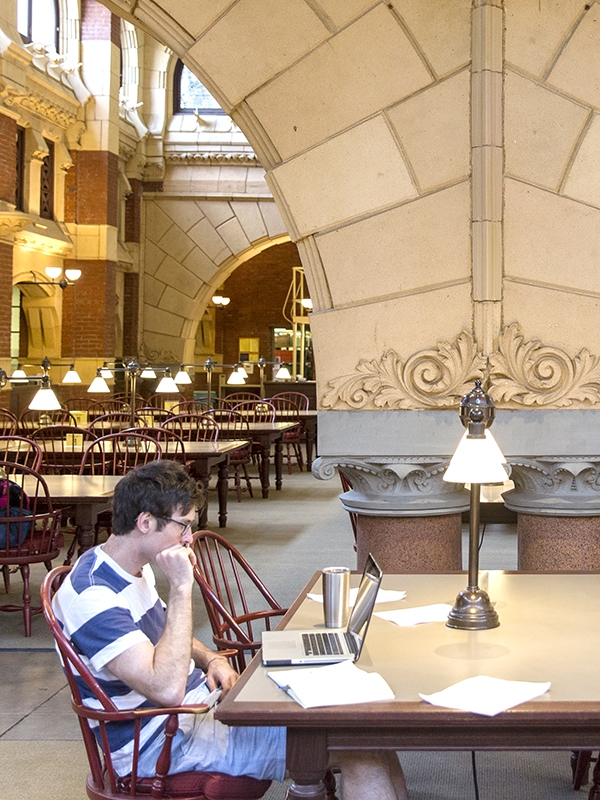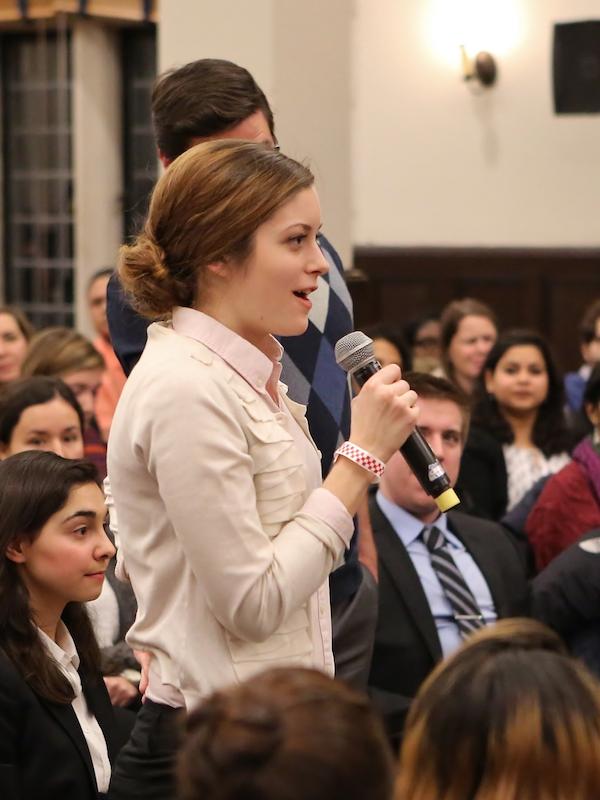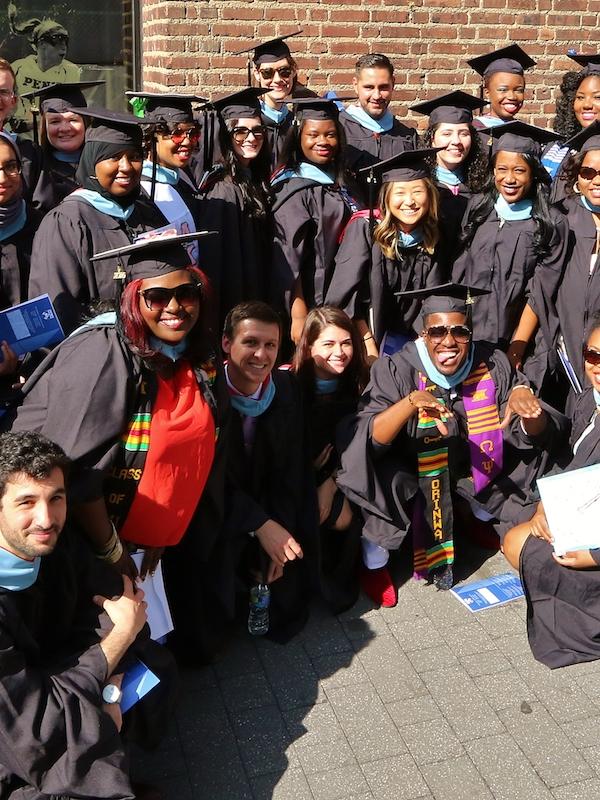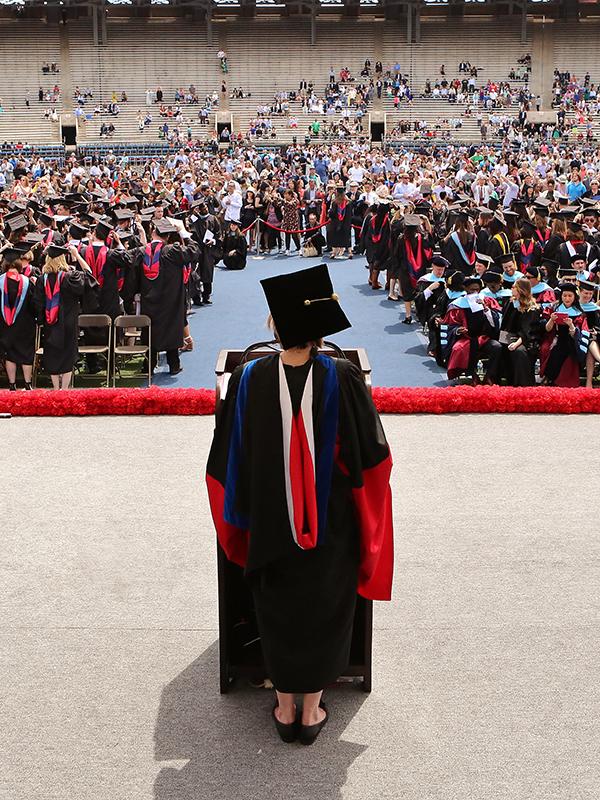Fighting for Change in Public Education
To Helen Gym, C’93, GED’96, if the quality of American public education is at stake, so are the values at the heart of our democracy. “The promise of public education in the United States has represented a unique approach to building a just and inclusive society,” says Gym. “Our public schools are meant to take all children, no matter what their background, and give them the tools and environment they need to grow into their fullest selves.”
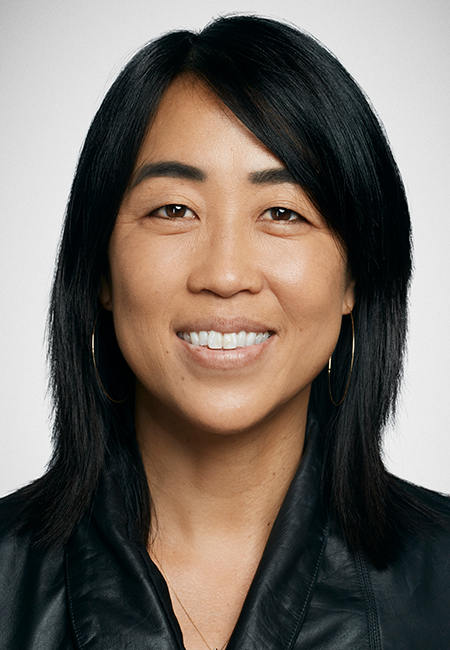
In the face of Philadelphia’s chronic school budget woes, Gym has become perhaps the city’s fiercest advocate for traditional public schools and the role of communities in strengthening them. Described by Philadelphia Magazine
as “relentless, whip-smart, meticulously prepared, and utterly fearless,” she is determined to take community support to the next level in her new role as a Philadelphia City Council member.
“We’re proud to have overcome a destructive narrative that writes off our schools as failures, and to have built instead a dynamic grassroots movement that fights for a greater vision for public education.”
Parents United has helped parents protest excessive class sizes, scarce school nurses and counselors, and other circumstances resulting from the lack of stable funding for Philadelphia schools. In December 2015, the state took action to fix curriculum problems in four schools in response to a lawsuit from the group regarding insufficient school resources across the city.
“Philadelphia is grappling with the fact that it is the poorest large city in America, and it is in a state that is the worst in the nation in terms of the funding inequity between the wealthiest and poorest districts,” says Gym, mother of three children in district schools. “We live with the consequences of that every day.”
She says her run for office was inspired by the closure of two dozen Philadelphia schools in 2013, a growing tide of community activism, and the value she places on municipal politics.
“I saw more organizing than ever happening in faith communities, around kitchen tables, in school yards, and in civic associations. It felt like we had built political power beyond ourselves, and it was time to take this movement to City Hall,” says Gym.
She credits Penn GSE with providing a breadth of knowledge that has served her well in multiple roles. Gym enrolled in GSE’s Teaching English to Speakers of Other Languages (TESOL) program while teaching full-time at Philadelphia’s James R. Lowell Elementary School. “My time at Penn GSE was an incredible opportunity to understand education from multiple vantage points and explore the relationship between research and practice,” she says. “Throughout my work, it has helped me to think about education in a fuller way.” That work has included activism with Asian Americans United and founding roles with both the Philadelphia Public School Notebook and the Folk Arts–Cultural Treasures Charter School in Chinatown.
The first Asian American woman to serve on the City Council, Gym begins her four-year term with school funding at the top of her agenda, and a sense of hard-won hope. “Schools have the opportunity to be the greatest anti-poverty effort our society can undertake,” she says. “It’s time to rebuild faith in our public institutions and the role communities play in driving the public will to make big things happen.”
This article originally appeared in the Spring 2016 issue of The Penn GSE Magazine.

